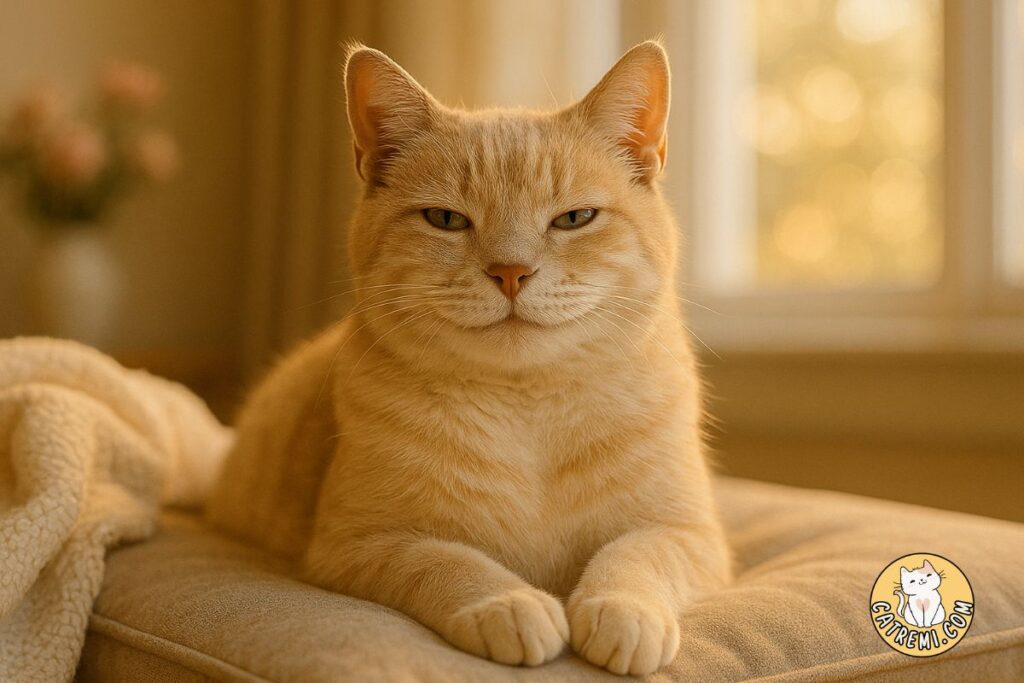
As cats age, their health needs change.
Recognizing common health problems early can make a big difference in your senior cat’s quality of life. In this guide, we’ll explore the 7 most common health issues affecting senior cats and how you can help manage them effectively.
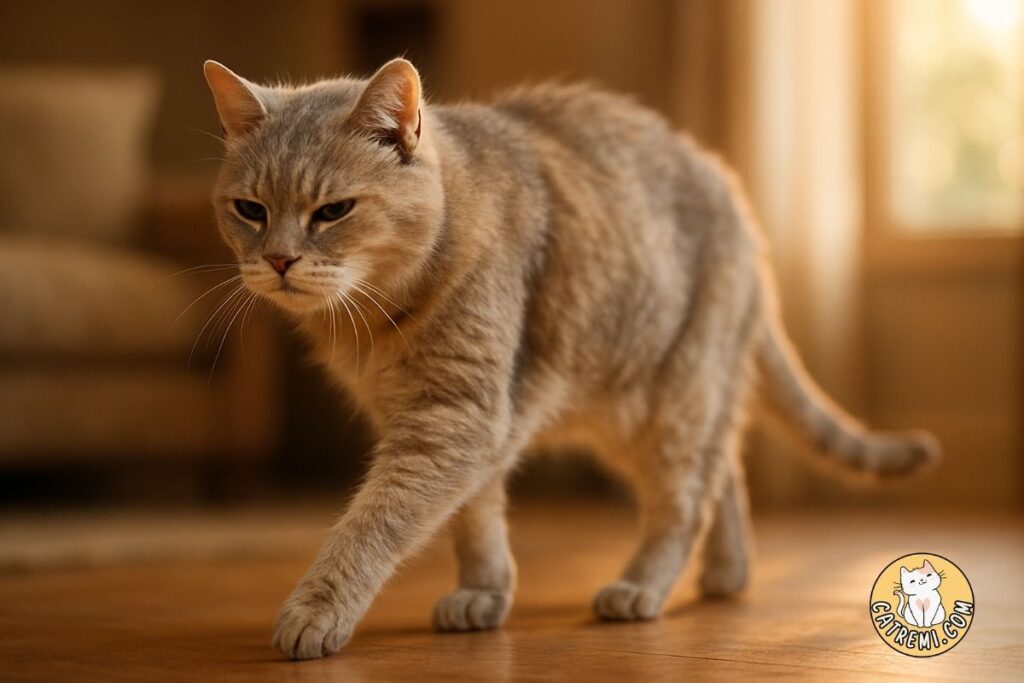
1. Arthritis and Joint Pain
Symptoms:
- Limping or stiffness
- Reluctance to jump or climb
- Changes in behavior (less active)
Management:
- Provide soft bedding and easy-to-access resting areas
- Add joint supplements (with vet approval)
- Maintain a healthy weight to reduce joint pressure
- Consult your veterinarian about pain relief options
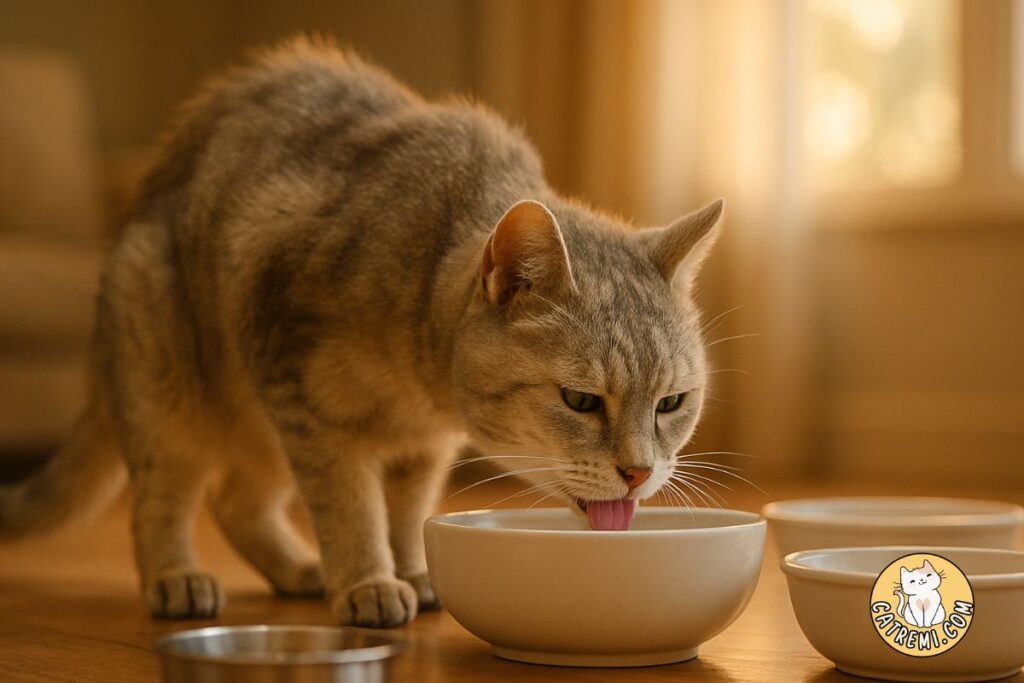
2. Kidney Disease
Symptoms:
- Increased thirst and urination
- Weight loss
- Vomiting
Management:
- Feed a kidney-supportive diet (low in phosphorus)
- Ensure constant access to fresh water
- Regular vet check-ups to monitor kidney function
- Administer prescribed medications if necessary
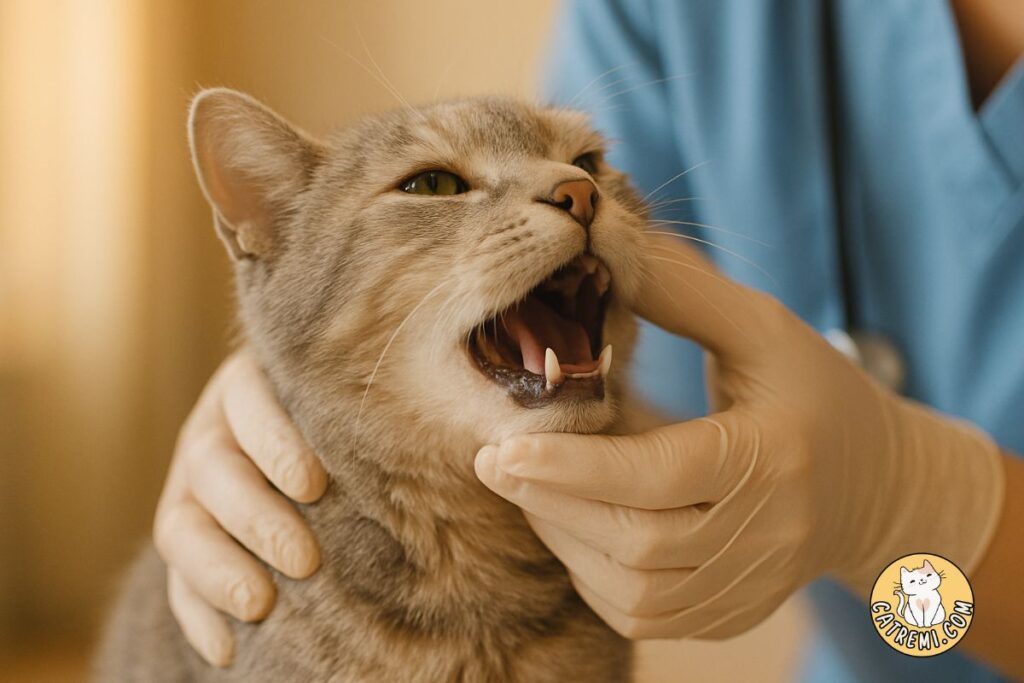
3. Dental Disease
Symptoms:
- Bad breath
- Drooling
- Difficulty eating or pawing at the mouth
Management:
- Schedule regular dental cleanings
- Brush your cat’s teeth if possible
- Provide dental treats or toys
- Watch for signs of oral pain
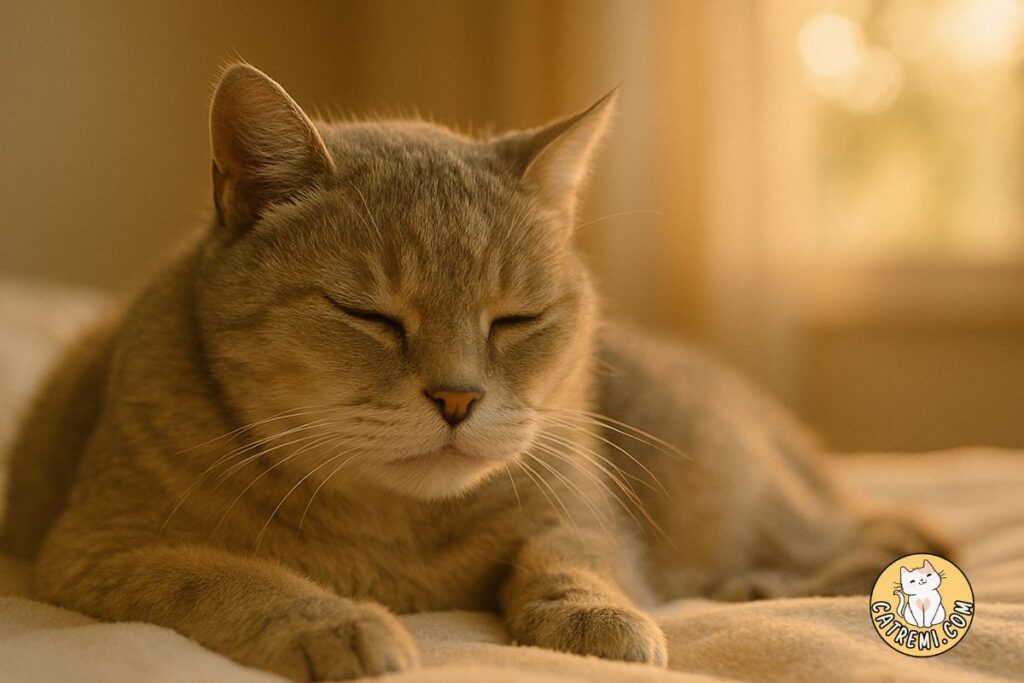
4. Diabetes
Symptoms:
- Increased appetite and thirst
- Weight loss despite eating well
- Lethargy
Management:
- Maintain a consistent feeding schedule
- Administer insulin as prescribed
- Monitor blood glucose levels at home (as recommended by your vet)
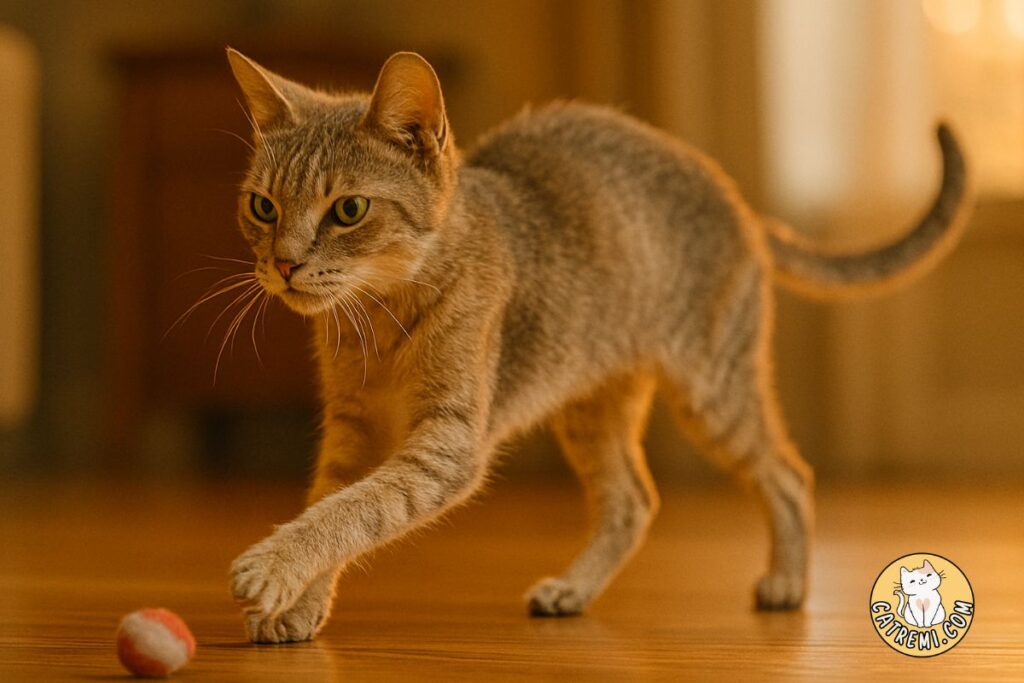
5. Hyperthyroidism
Symptoms:
- Weight loss despite increased appetite
- Hyperactivity or restlessness
- Vomiting or diarrhea
Management:
- Medication to regulate thyroid function
- Specialized diet (low-iodine food)
- Surgery or radioactive iodine treatment in some cases
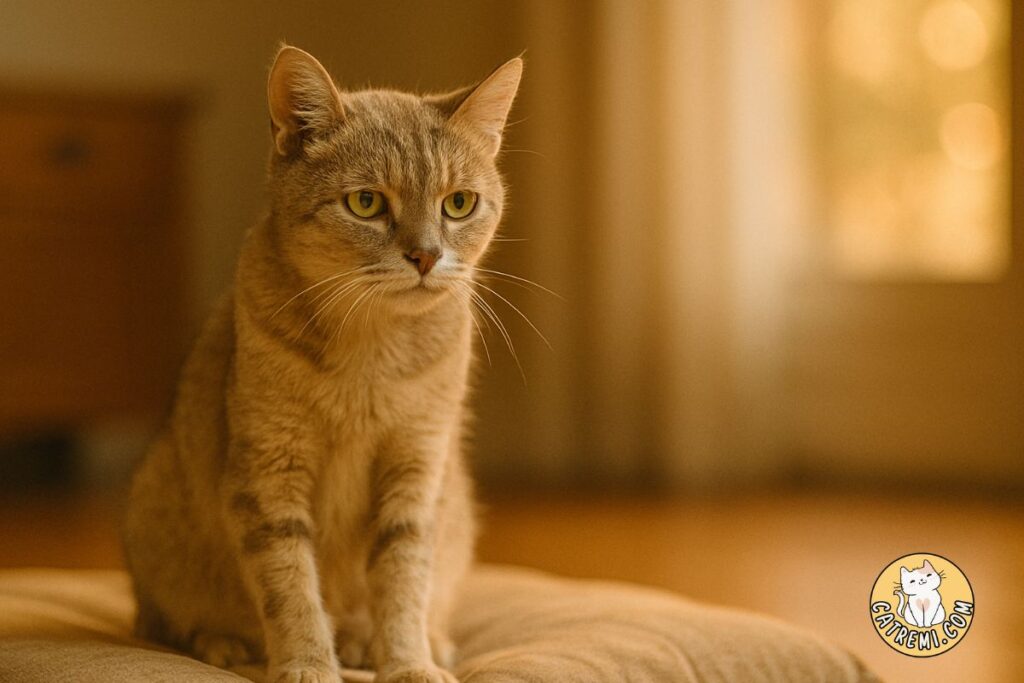
6. Vision and Hearing Loss
Symptoms:
- Bumping into furniture
- Not responding to calls or sudden movements
Management:
- Avoid rearranging furniture
- Approach your cat slowly and gently
- Use scent or touch cues to communicate
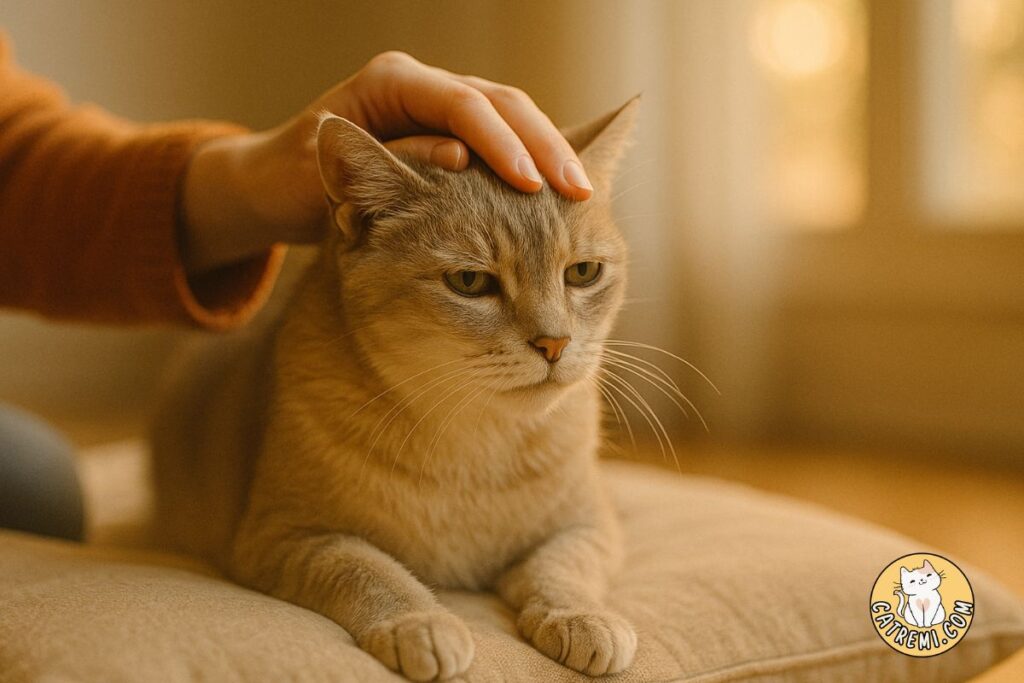
7. Cancer
Symptoms:
- Lumps or bumps
- Unexplained weight loss
- Changes in appetite or energy levels
Management:
- Early detection through regular vet exams
- Treatment options may include surgery, chemotherapy, or supportive care
- Focus on maintaining comfort and quality of life
Final Thoughts
Caring for a senior cat requires attention, love, and proactive management.
Regular veterinary visits and early intervention can dramatically improve your cat’s health and happiness in their golden years. Always consult your veterinarian when you notice any new or concerning symptoms.
Your cat may be aging, but with your care, they can continue to enjoy a happy, comfortable life. 🐾
